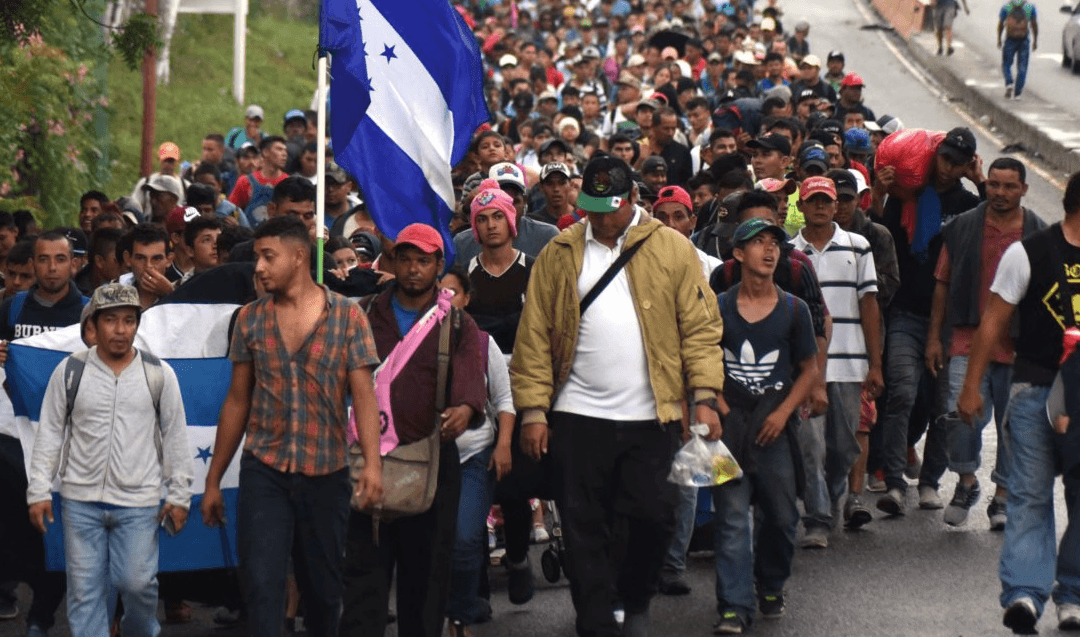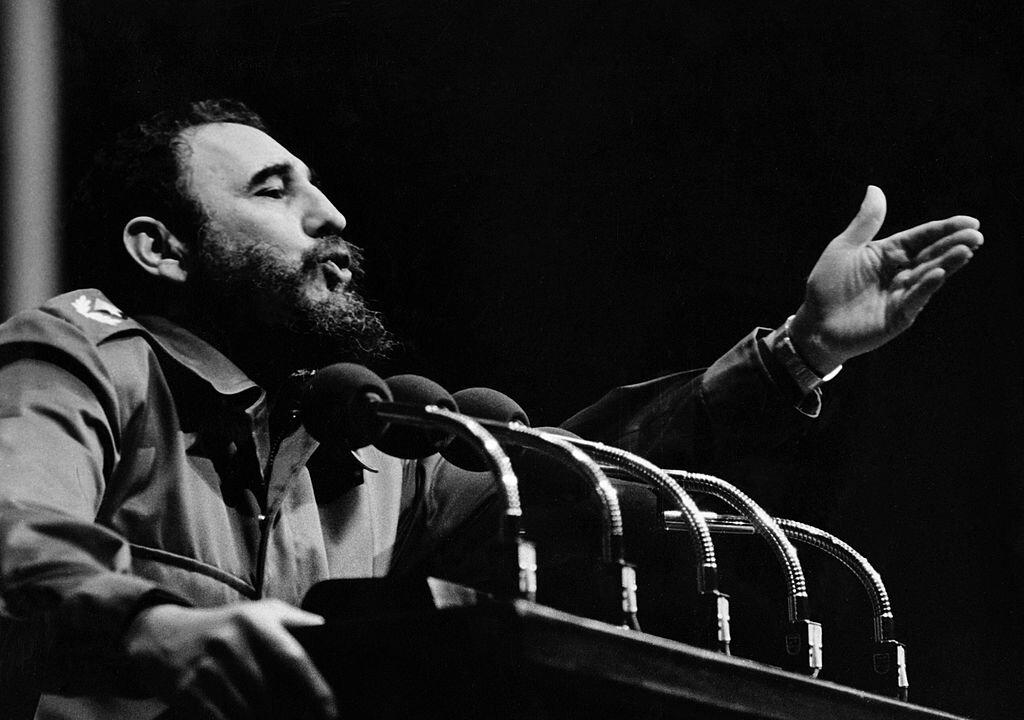A Guatemalan congressman once shared with me that NGOs in Central America deny or are reluctant to report development achievements, fearing that, should they succeed, their funding will stop.
Herein lies the destructive impact of taxpayer-funded foreign aid. If there is money flowing, without private accountability, suddenly everyone has a problem and no incentive to fix anything. Being a Third World nation is as much a boon for people with the right connections as it is for First World workers who enjoy cushy roles and live in gated communities in exotic locations.





